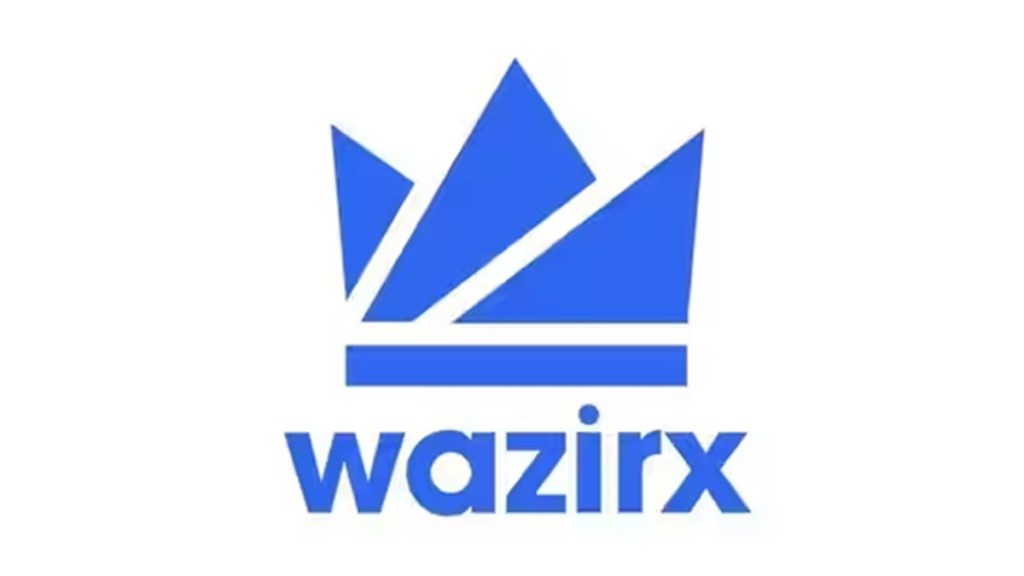Cryptocurrency exchange WazirX is planning to launch a new decentralised exchange (DEX) and restart its WazirX platform with the addition of new features to generate revenues for paying back users who lost funds in the Rs 2,000-crore cyberattack.
More than three months after the exchange faced a security breach in one of its multisig wallets, WazirX plans to issue “recovery tokens” to its creditors, who will receive 48% of their funds as tokens on a pro-rata basis.
These tokens could be traded among creditors for those who are willing to buy these tokens and await the recovery process, the exchange said. WazirX also plans to restart the crypto exchange platform for trading by February.
WazirX is also in early stages of launching a decentralised exchange wherein all the crypto assets and trades will entirely be under users’ control, without the need for an intermediary, thus reducing the counterparty risk.
Users holding recovery tokens can exchange them for DEX tokens. The company will roll out a test version of the exchange in the next few months. It also plans to utilise earnings from the decentralised exchange and WazirX to redistribute profit among aggrieved users.
“What we’ve seen from the WazirX cyber attack, as well as a number of past attacks, is that these attacks continue to happen on centralised exchanges. There’s a larger voice among all of the crypto users that they want self custody,” said Nischal Shetty, founder, and CEO of WazirX, in a press conference on Wednesday.
“Globally, only about 13-15% of trading volumes come from decentralised exchanges which account for less than 5% of crypto users. With our decentralised platform, we want to make the user interface as simple as using centralised exchanges,” he said.
Apart from the DEX, Shetty plans to introduce three new features to WazirX – crypto staking, over-the-counter desk and futures trading. The exchange hopes to generate revenues from these new additions after restarting the platform.
The developments come at a time when the exchange is undergoing restructuring under a four-month moratorium granted by a Singapore court. Despite these restructuring efforts, users are unlikely to recover more than 57% of their funds, incurring a potential loss of around Rs 850 crore, WazirX’s advisors had said.
WazirX is currently facing several legal actions from aggrieved users and institutions, including cases filed with the National Company Law Tribunal and the Delhi High Court. A group of over 30 users is also likely to file a joint complaint with the National Consumer Disputes Redressal Commission.









